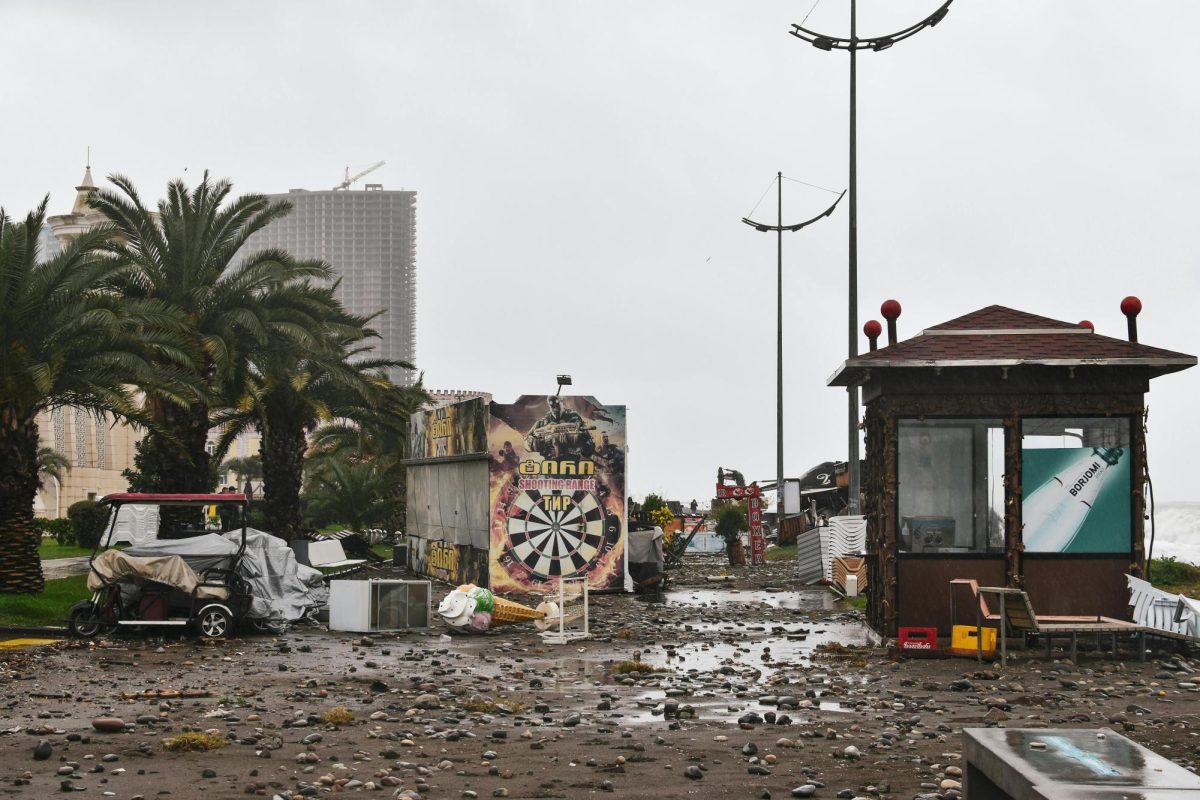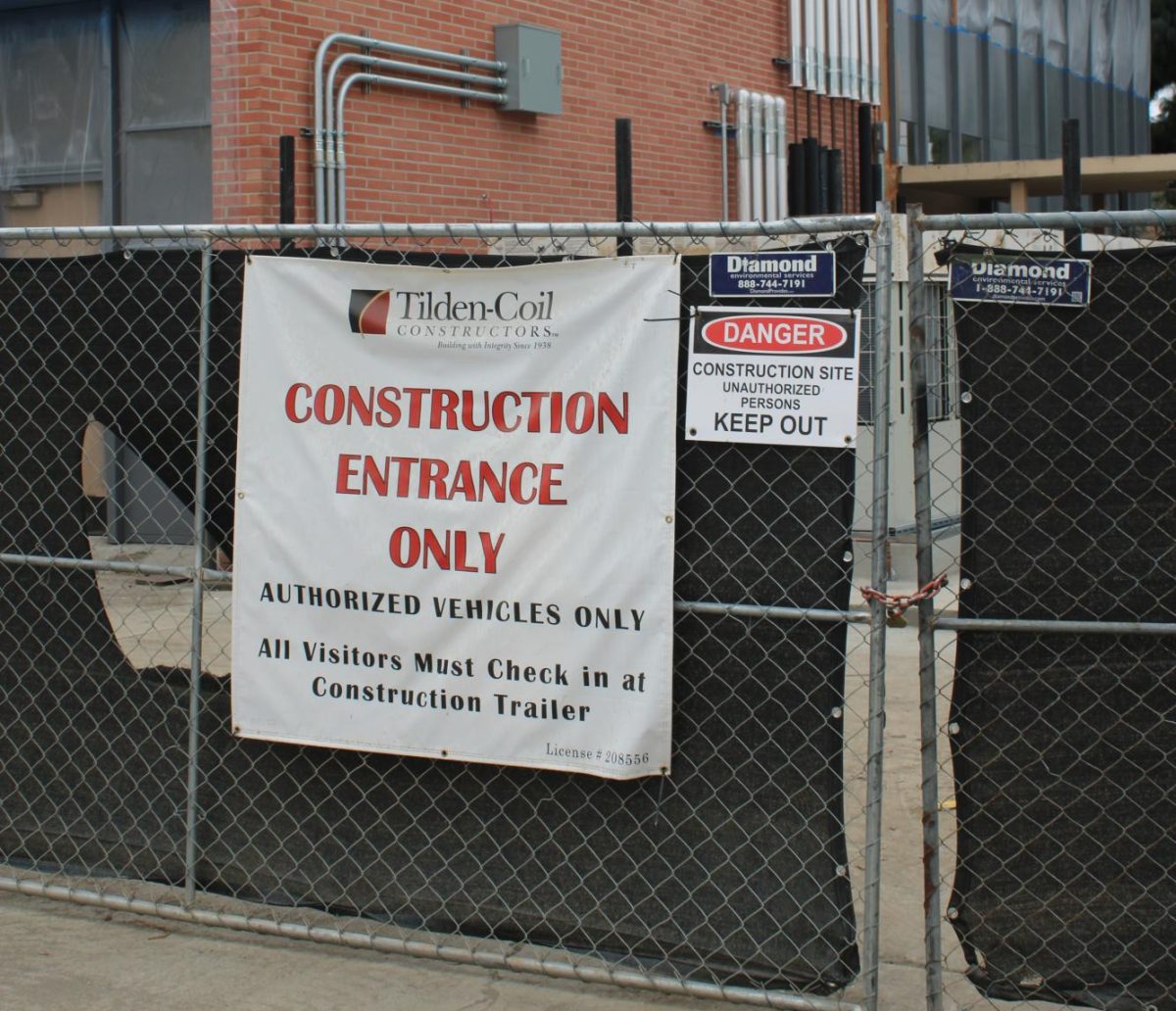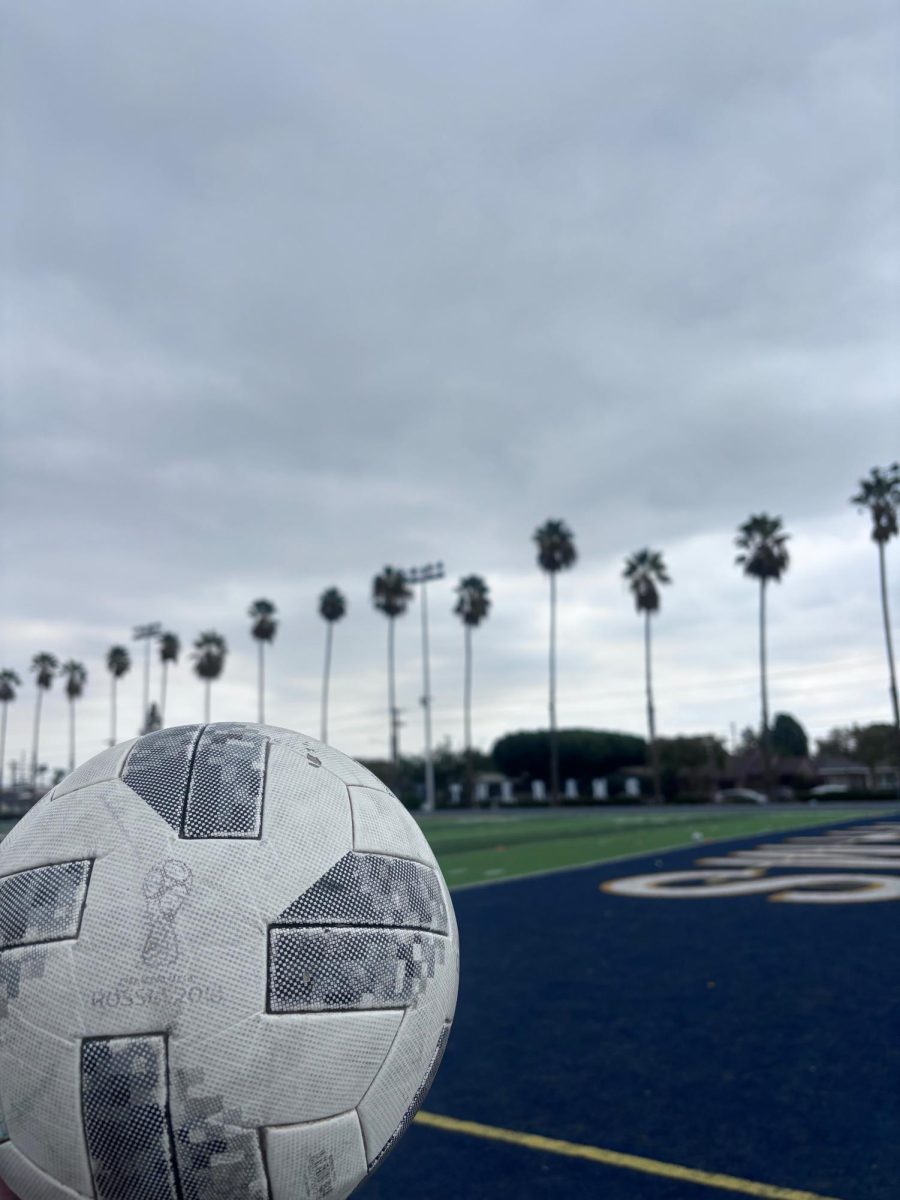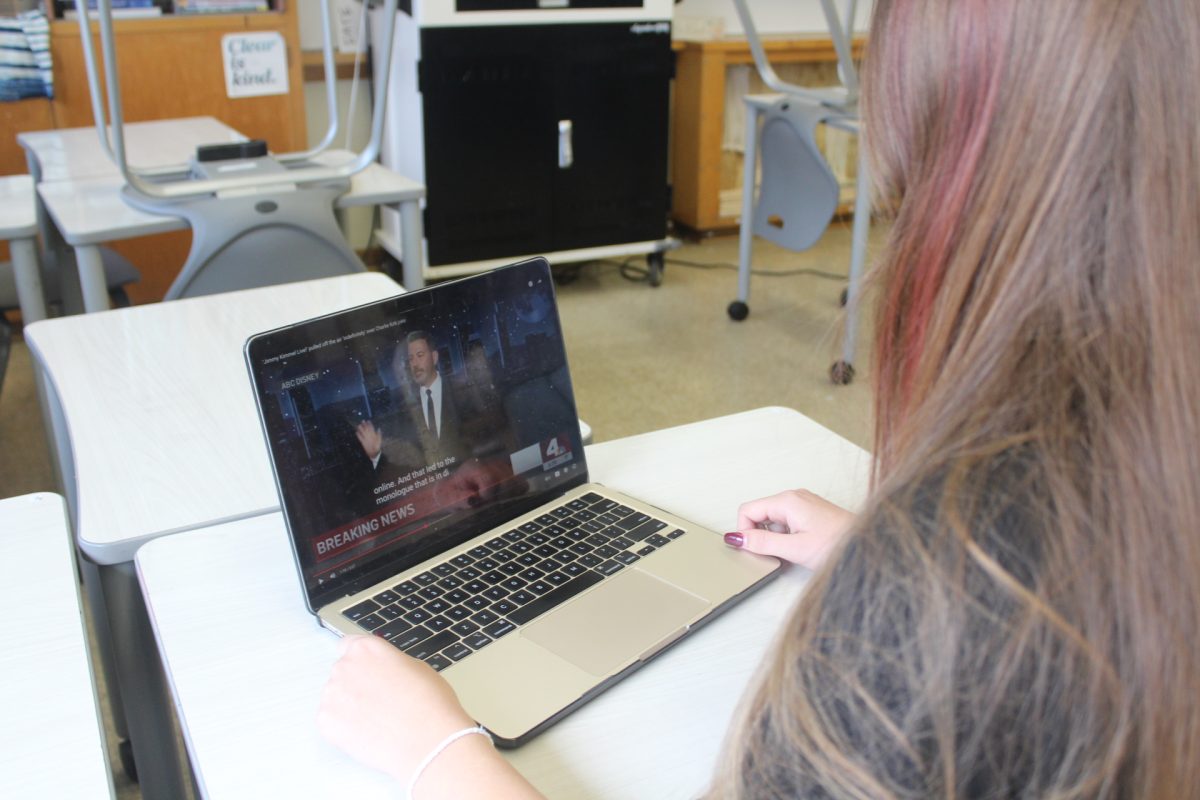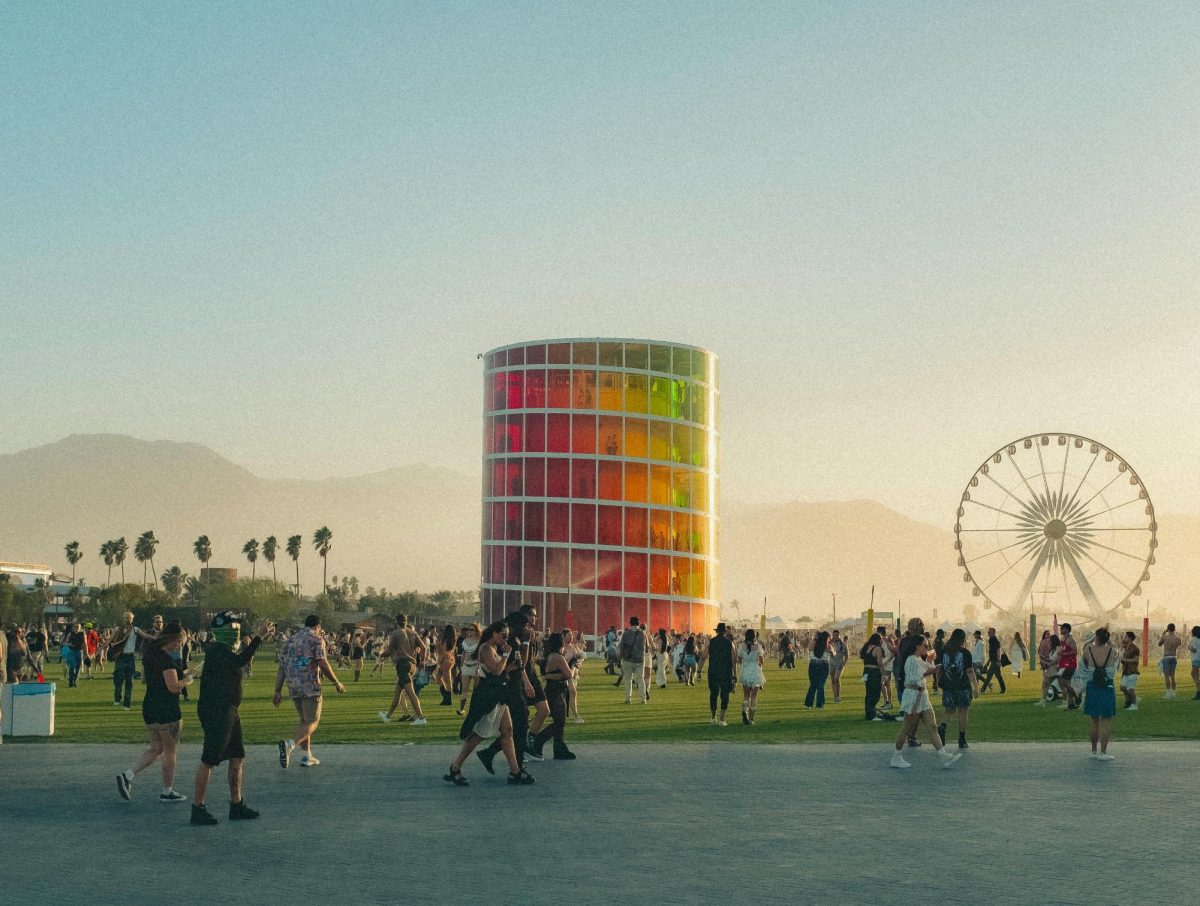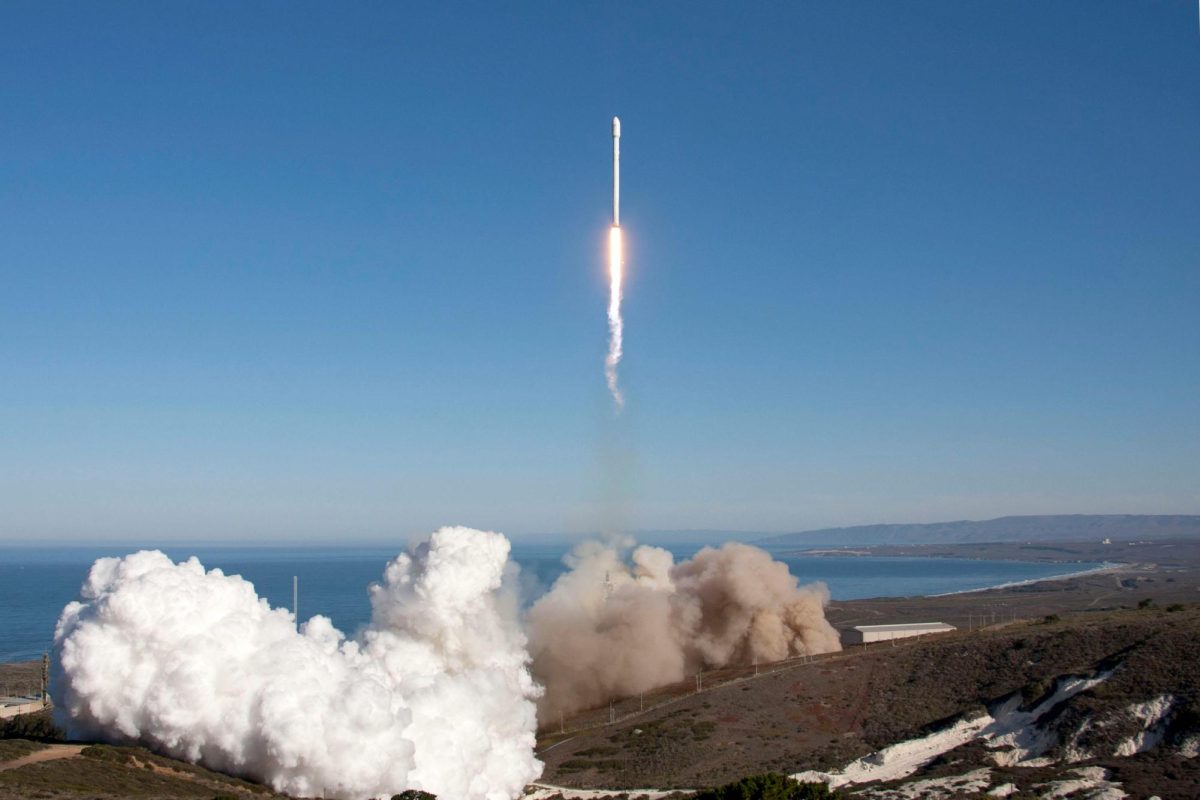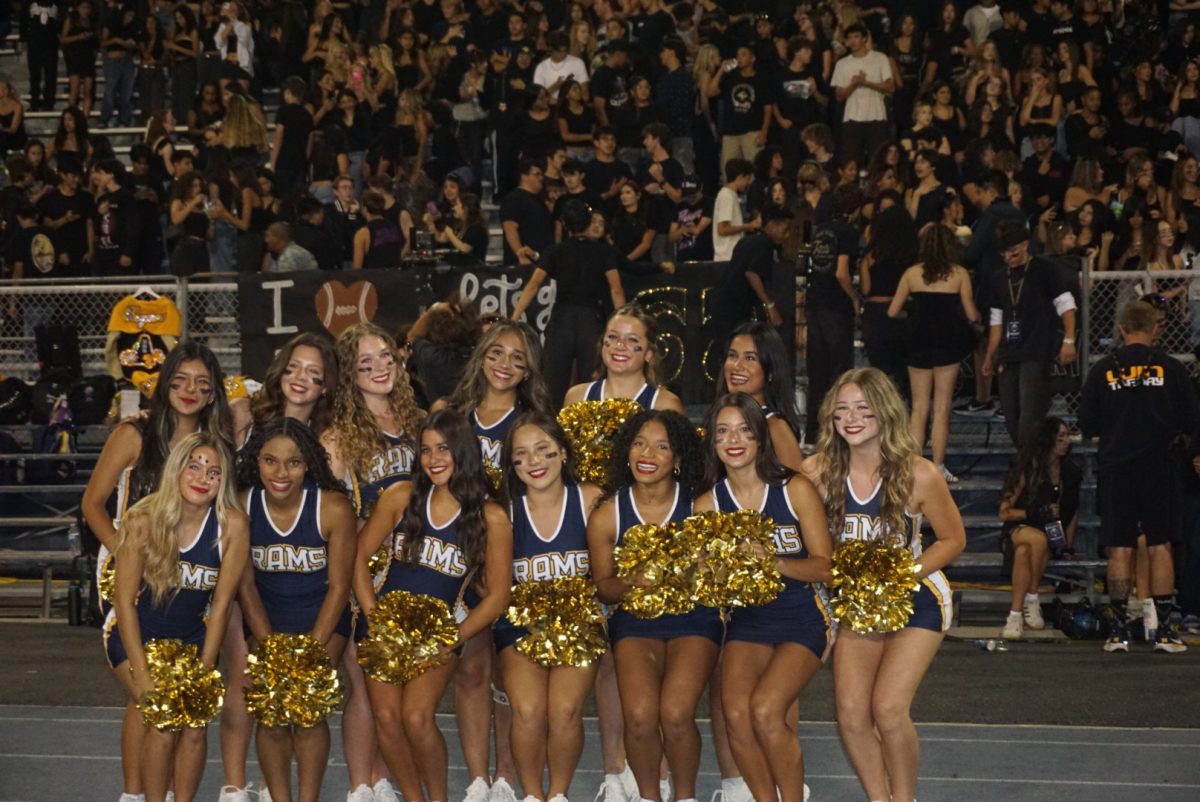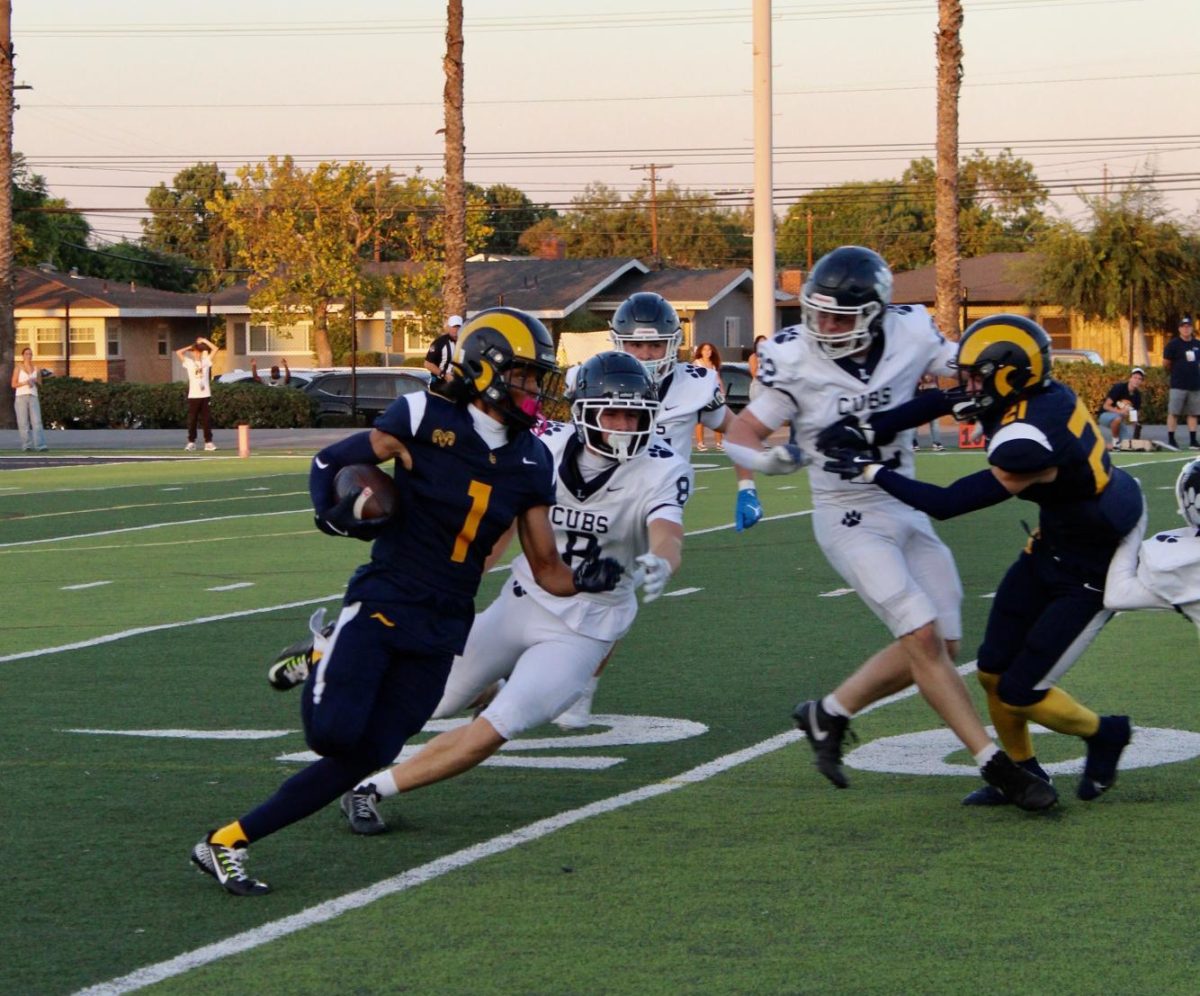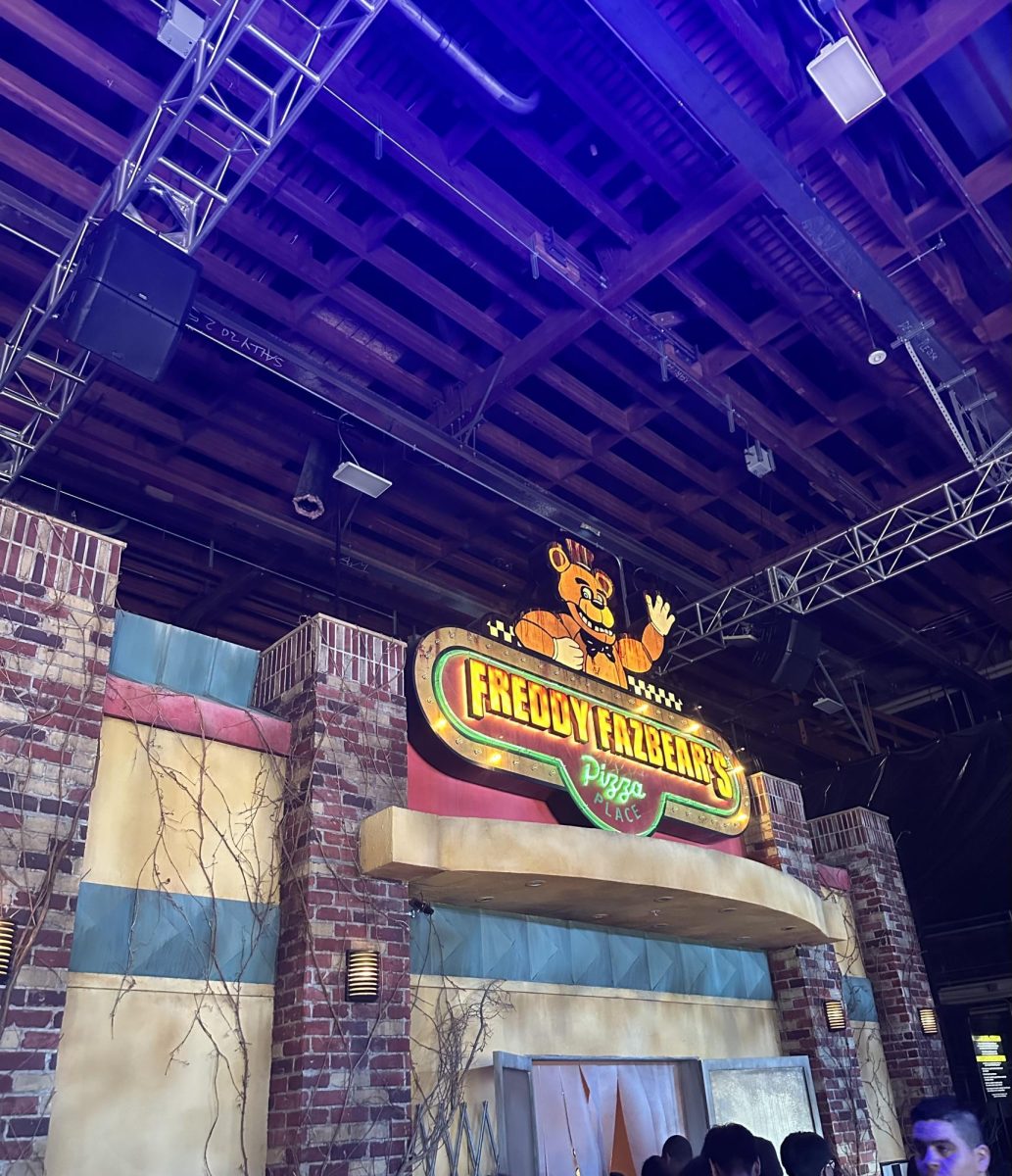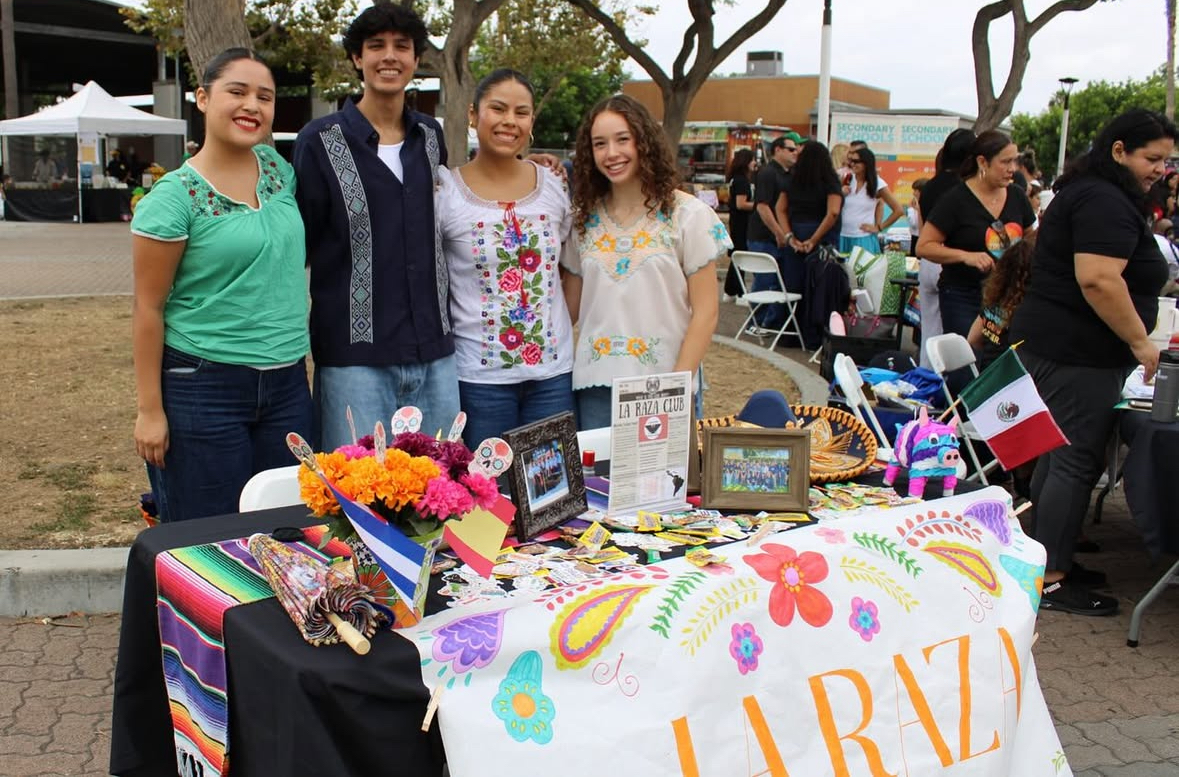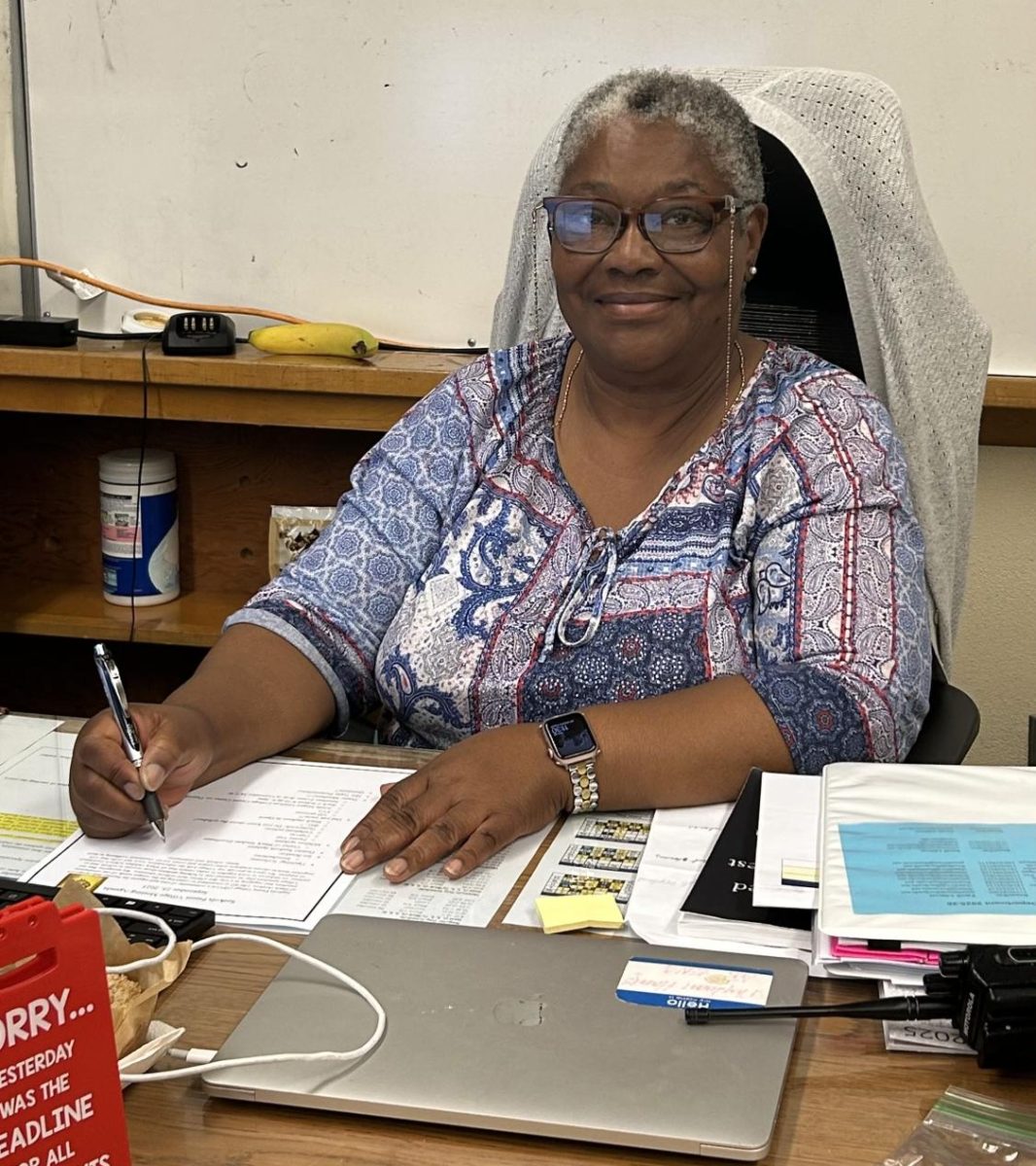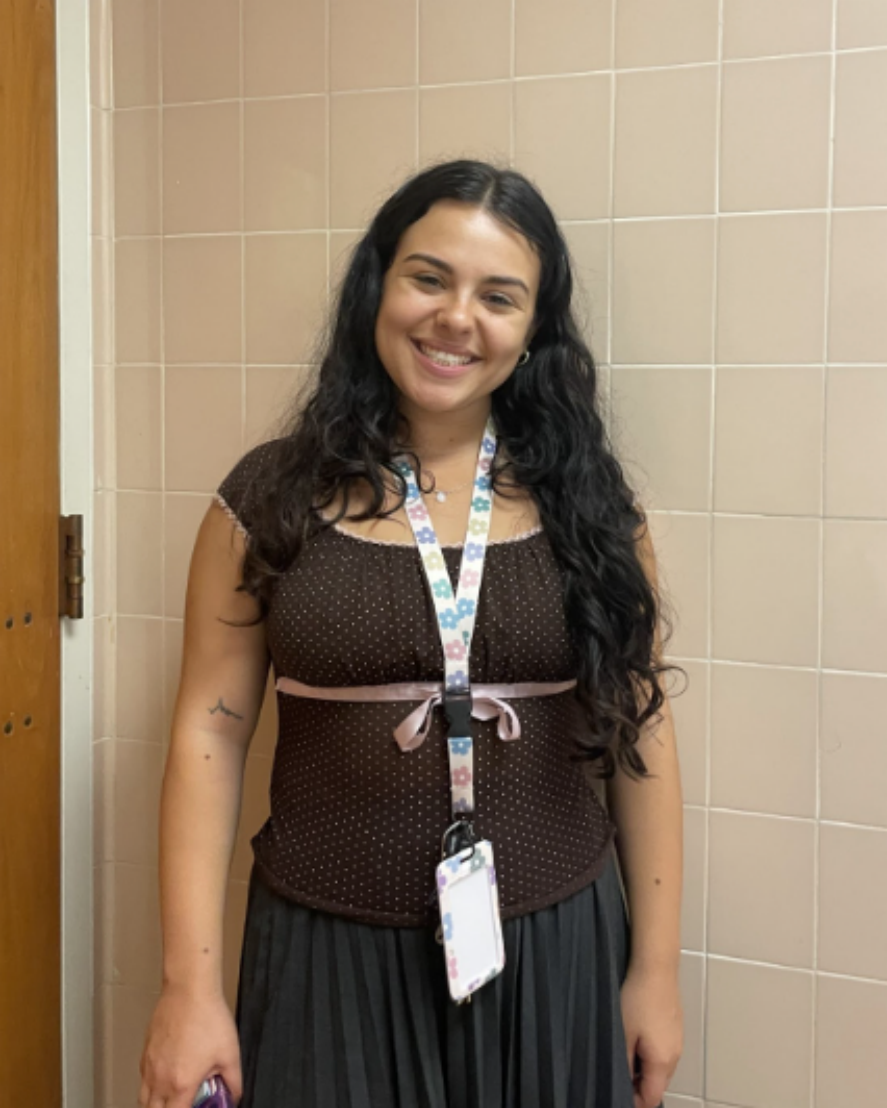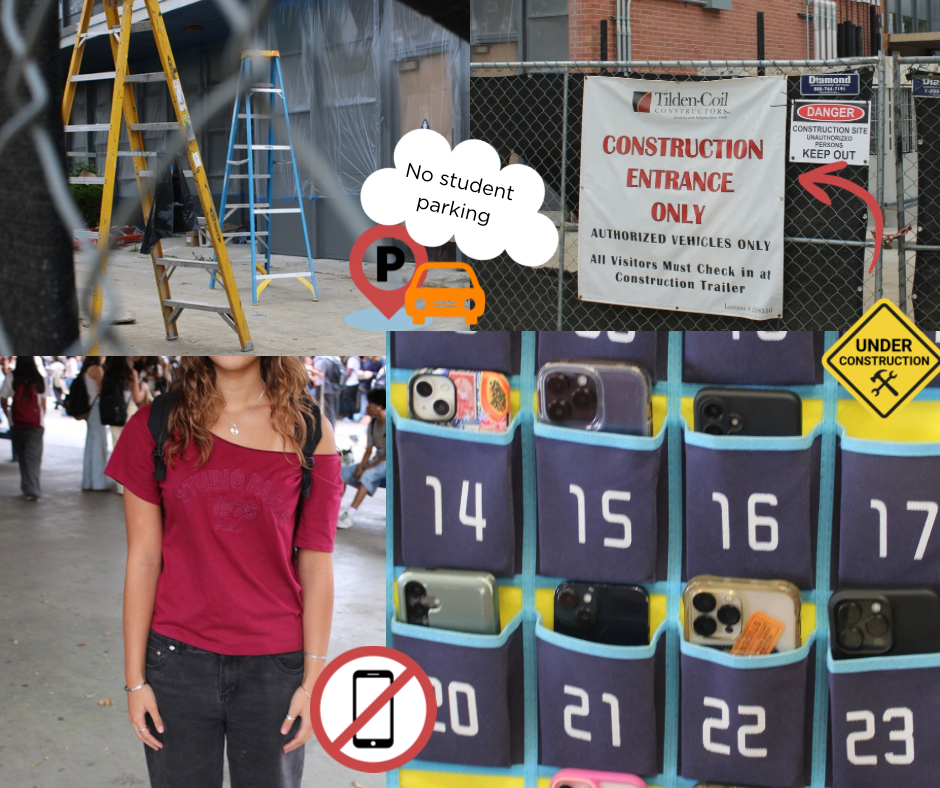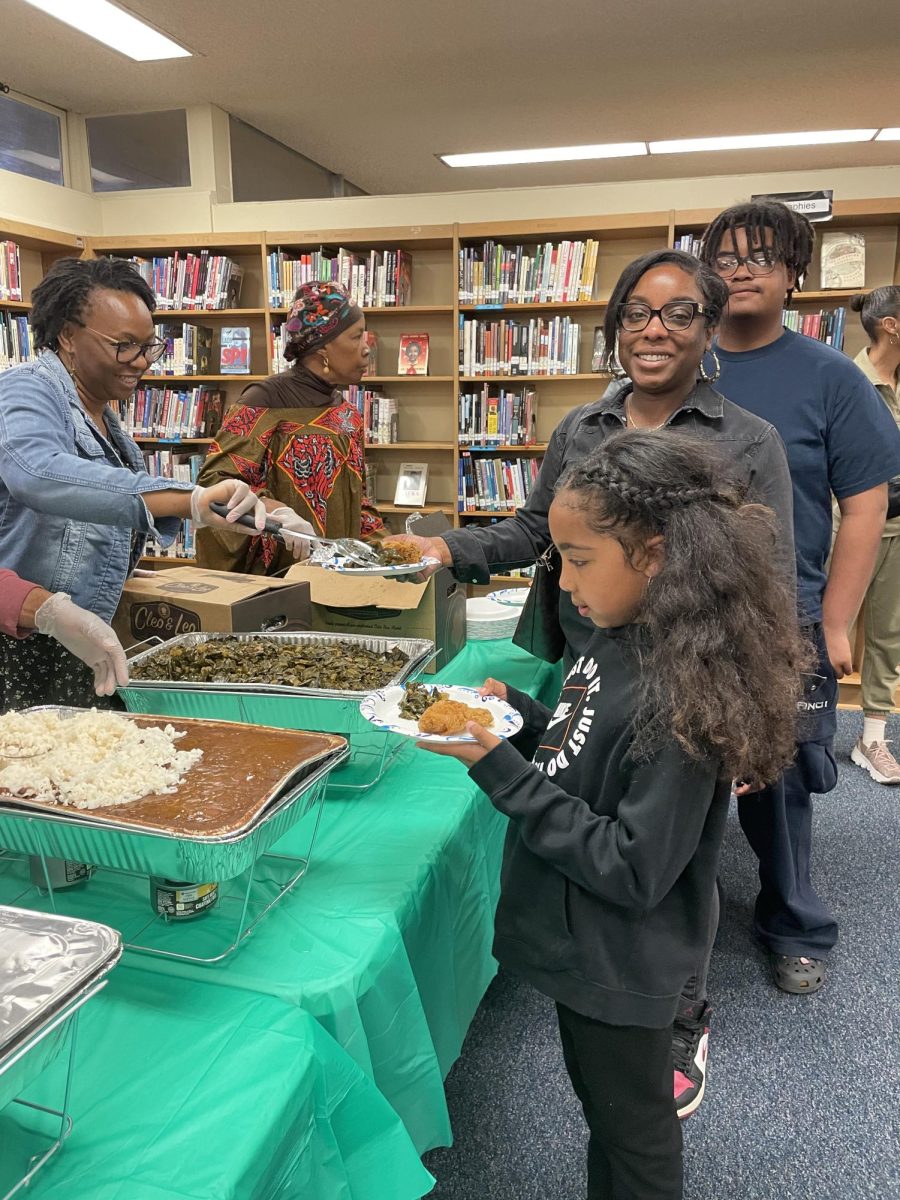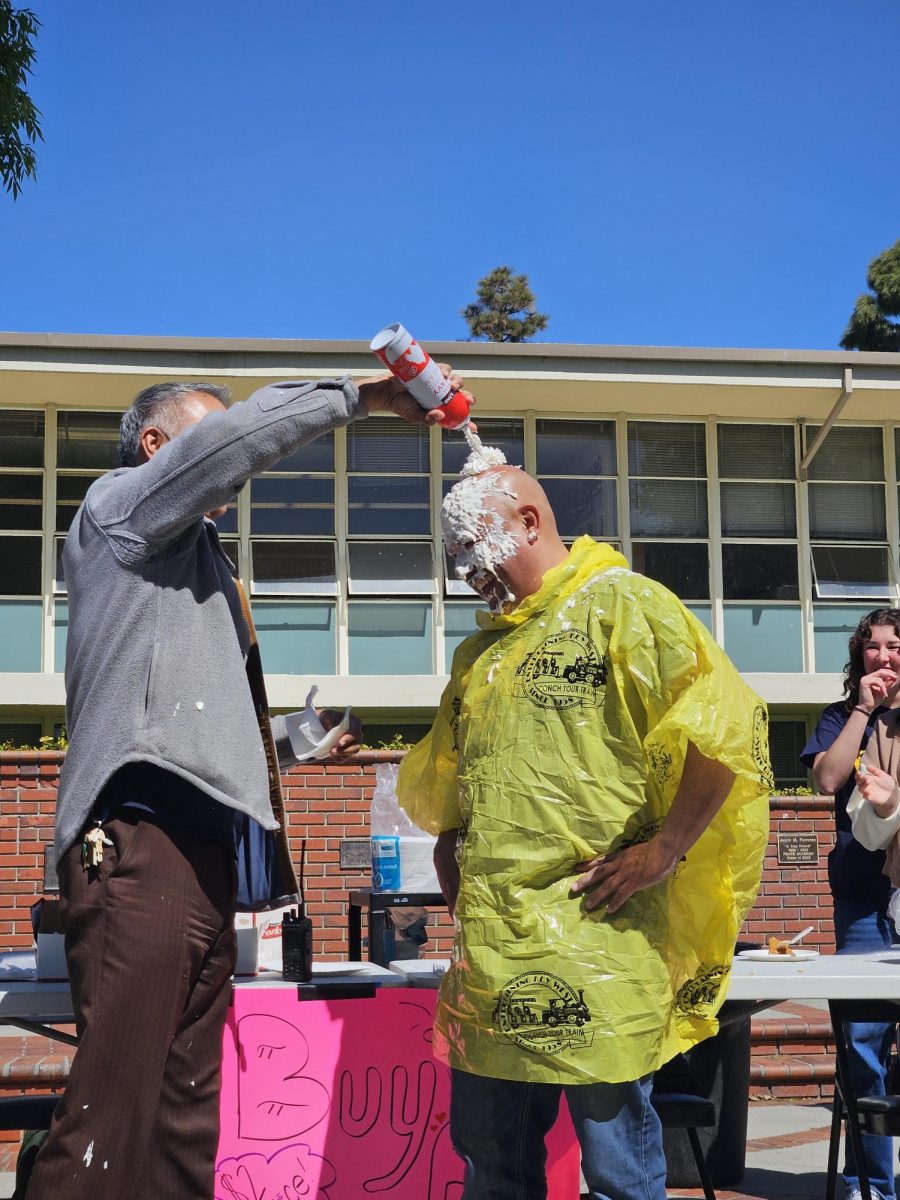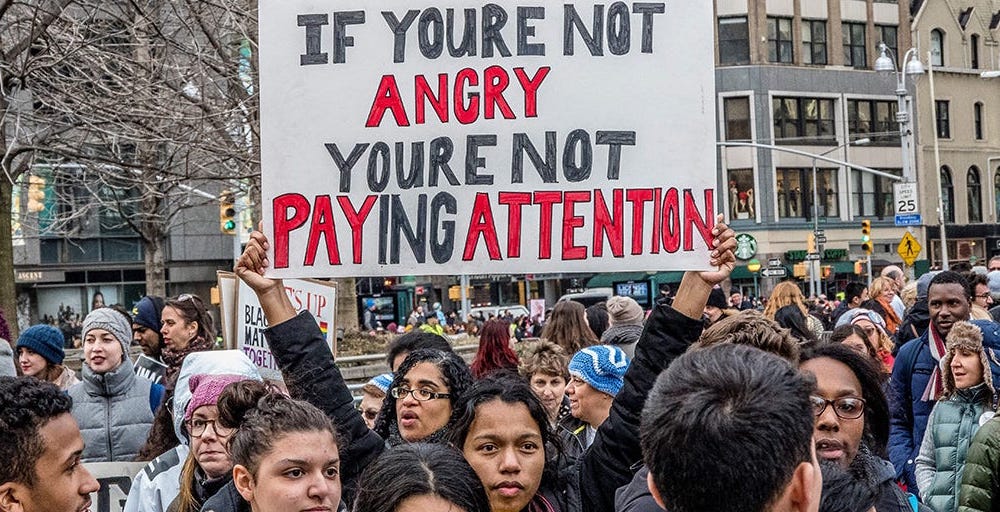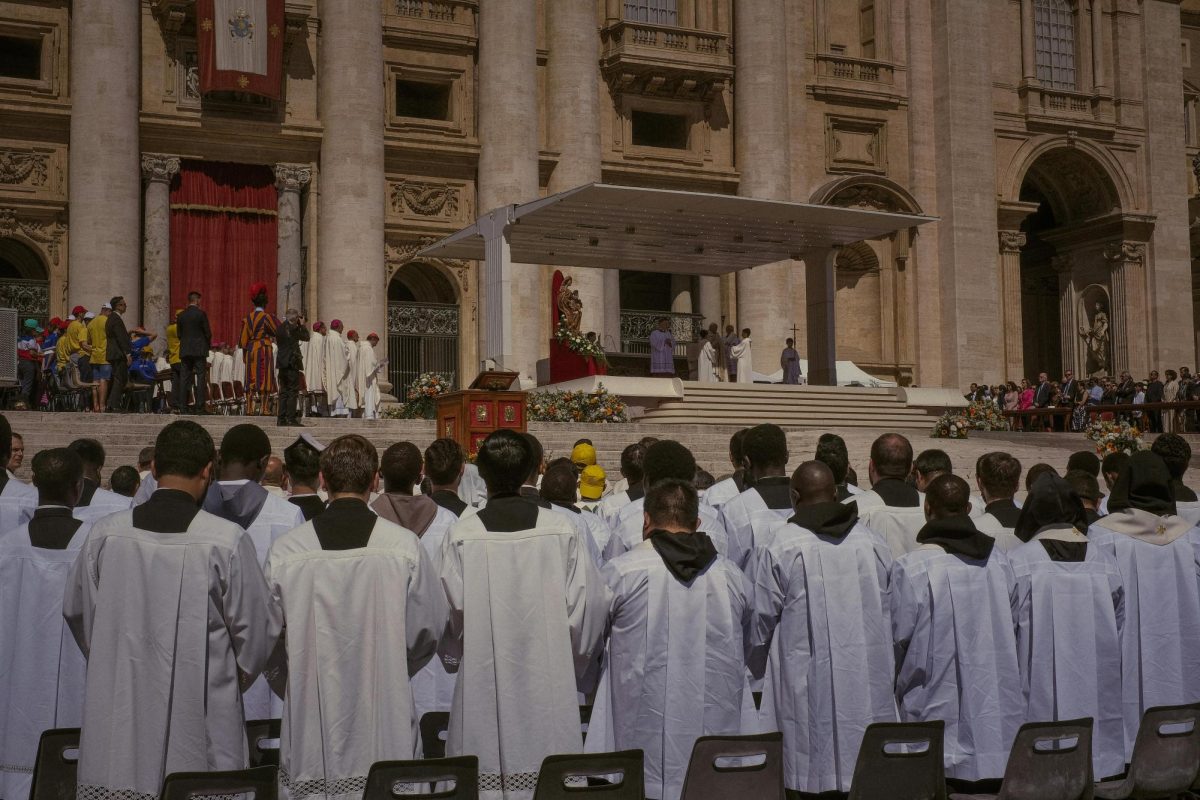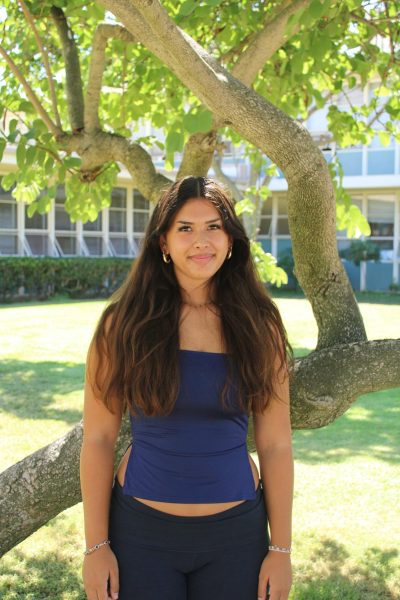Hurricane Katrina was a devastating force that made landfall to the Central Gulf Coast of the United States, causing widespread panic and destruction primarily to New Orleans, on Aug. 29, 2005. A documentary released July 2025 briefed its audience on systemic issues and survivors stories, in celebration of the disaster’s 20th anniversary.
Many residents of New Orleans in the lower-income neighborhoods, lacked the resources to evacuate, or were not given the proper necessities. Having no form of transportation, money for hotels, medical help, or alternative housing outside of the cities.
Dr Ruddman, Millikan’s AP Government teacher mentioned, “years of underfunding had led to a weak infrastructure incapable of withstanding a disaster.”
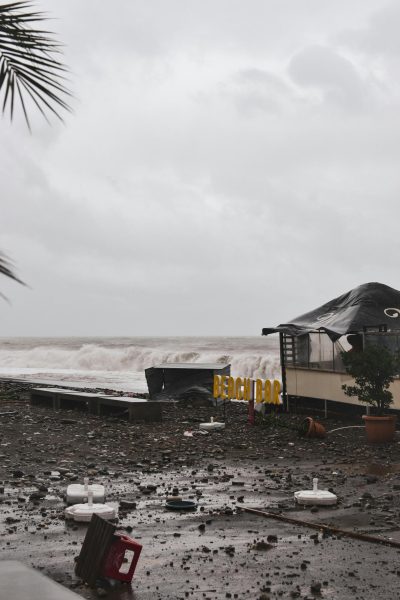
Communities with wealth and privilege could leave or recover, having adequate resources available to them, while those marginalized groups faced displacement, economic devastation, and trauma.
Cadence Mercado, a student in Peace stated, “we have seen this time and time again where racism is ingrained into our institutions. So it’s not shocking knowing that there were deliberate measures taken to deprioritize and neglect people of color who were impacted by Katrina leaving them stranded and with little to no help from the government.”
The local governments struggled with communication creating confusion and panic, state authorities were slow to coordinate relief efforts, and federal agencies such as FEMA were unprepared for something of this magnitude.
Lieutenant General Honoré says, “I call that the ‘patience of the poor’. I grew up that way, you learn to wait. When you’re poor in America, you’re not free, and when you’re poor you learn to have patience, you lose choices when you’re poor.”
This storm intensified existing inequalities, harming those who were already marginalized; proving the infrastructure failures, poor planning, and underfunding. This has continued to trickle into modern society, it was a social and political turning point.
These population shifts, emergency management reforms, awareness of climate change, and infrastructure all affect today’s social divide.

